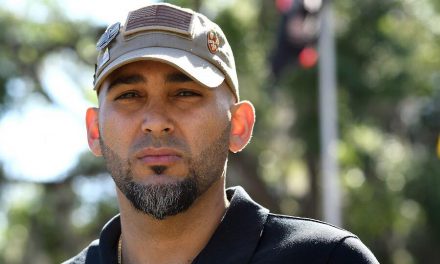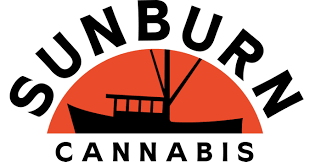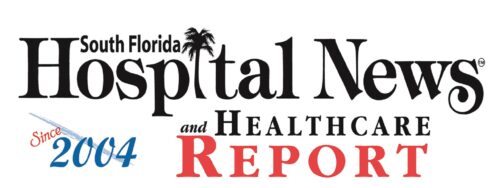
By Marc Egort, CPA
In 1982, Congress enacted Internal Revenue Code Section 280E, which states:
“No deduction or credit shall be allowed for any amount paid or incurred during the taxable year in carrying on any trade or business if such trade or business (or the activities which comprise such trade or business) consists of the trafficking in controlled substances (within the meaning of schedule I and II of the Controlled Substances Act) which is prohibited by Federal law or the law of any State in which such trade or business is conducted.”
Based on the constraints placed on businesses in the cannabis industry by Section 280E, a major objective of such businesses is to capitalize as much of their costs as possible in arriving at cost of goods sold. Generally, businesses look to the provisions of Internal Revenue Code Section 263A for guidance regarding cost capitalization. Unfortunately, the provisions of Section 263A are not available to businesses in the cannabis industry. Instead, businesses in the cannabis industry must look to Internal Revenue Code Section 471 for guidance.
Regulation Section 1.471-3(b) states that, generally, only the cost of the merchandise purchased, net of any trade or other discounts, plus any freight in and any other cost incurred in acquiring the goods and preparing them for sale, are includible in inventory.
Due to the constraints placed on businesses in the cannabis industry by Internal Revenue Code Section 280E and Section 471, it is of the utmost importance that such businesses seek the guidance of tax professionals with expertise in these matters who can assist their clients to best navigate this challenging terrain.
Marc Egort, CPA, P.A., can be reached at (754) 301-2183 or marc@egortcpa.com.










